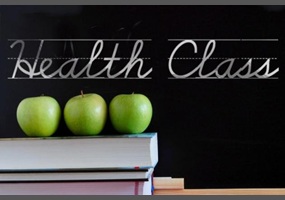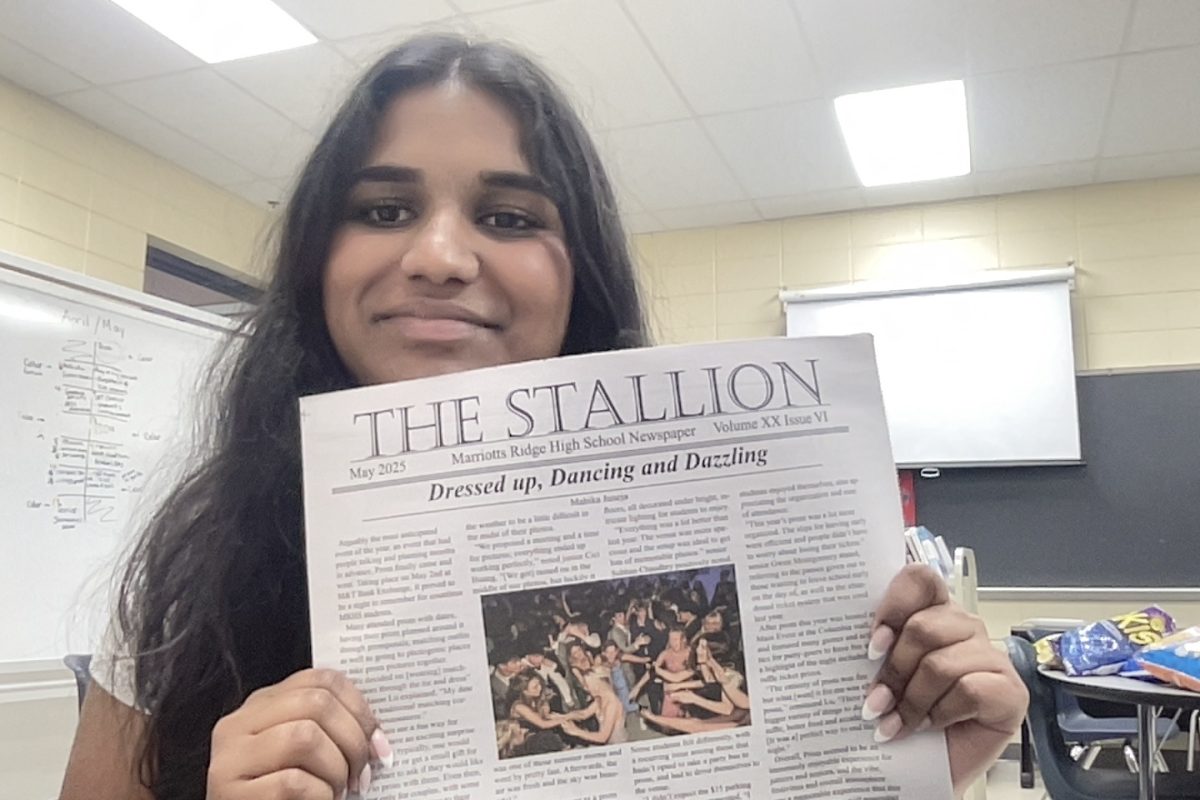Starting for students graduating in 2025, Health II has become a graduation requirement. As students are beginning to face their decision about when and where to take the course for the first time, a popular option for them is taking Health II through the HCPSS summer school program. While many opt to still take the course at MRHS in their upperclassman years, the divide of students between the two options gives a unique opportunity to assess the advantages of each choice to help students make a decision in the future.
The ability to take Health II over the summer gives students the chance to consider how they prioritize their time, giving them the option to free up schedule space at the sacrifice of leisure time during summer break. Although this seems like a disadvantageous trade-off for many, students who have many classes they aspire to take before they graduate may use this opportunity to take an extra class due to the free space brought by the absence of Health II.
“I didn’t have space for [Health II] in my schedule… it was three weeks out of my summer, but I prefer taking it over the summer versus having to do it for half the year at school,” commented senior Sanika Zarkar.
While taking the course over the summer comes with the benefit of having more space in one’s schedule, the short, three-week nature of the class comes at a cost that many value. Without having a full semester’s worth of class, it is hard to build connections with those in your class.
In reference to taking health at the school, senior Madison Gaither noted, “I was able to make better connections with the people around me.”
Regardless of a student’s decision to take Health II at MRHS or through the summer school program, an important aspect of the course to take into consideration is the fact that Health II is a half-credit course, one of three required by the county for graduation. Since there is an odd amount of semester courses one has to take, there is an open slot that a student must fill with an extra semester course, a decision many are adverse to.
Senior Aaron Rodgers advises the underclassmen, “If someone doesn’t have another half-credit course that they would enjoy taking with Health II, I would recommend taking it over the summer. That way, they don’t have to fill the gap with a random course, even if [taking a class over the summer] is annoying.”
As Health II continues to be a graduation requirement for high schoolers, the popularity of taking the course of the summer will only increase (similar to dual enrollment at Howard Community College). While the option of summer school still exists, students are given an opportunity to weigh what they value more for their year: schedule space, summertime or connections with others. As each student ventures through their high school years, they will be forced to question: to do summer health or not to do summer health?









